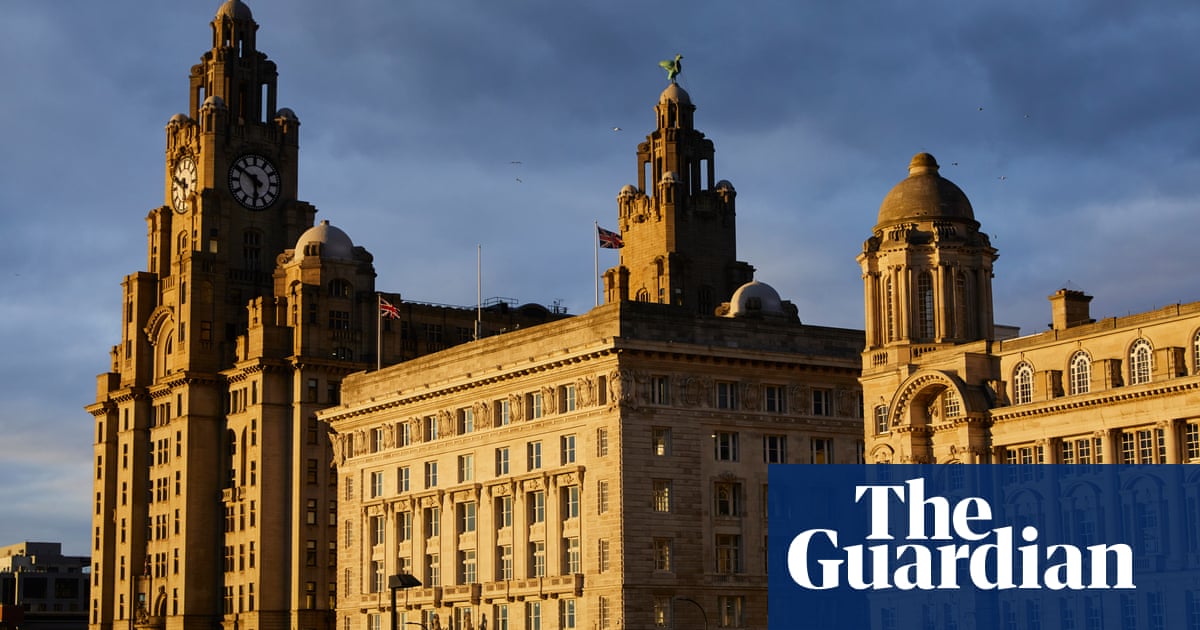2024ii13, Tuesday: “It couldn't happen here.”

This is by way of a linkblog today. Not my usual Commonplace, although it shares some characteristics with it.
One of my long-held beliefs, one of the things that has had me fuming for ages, is the UK’s complacency about corruption. I can date the beginning of my engagement with corruption issues almost precisely: it was the 1997 general election, amid allegations of Tory “sleaze”. Even back then I found this word incomprehensible: why were we, and the media, and everyone conflating sexual misconduct and financial shenanigans into a single term? One which, I believed, acted as a convenient shield for people taking private money for doing their public jobs, by eliding it with the gross but (to my mind) distinct nudge-nudge-wink-wink “boys will be boys” of politicians who can’t keep their trousers zipped?
It made me fume then. It’s made me blisteringly angry ever since. For years, we’ve taken corruption no more seriously than we’ve taken fraud: we’ve passed laws (good ones, for both), but then utterly failed to invest in enforcing them.
The result, inevitably: fraud is decriminalised. (The new adverts are great; but as always they leave a huge mastodon lurking in the corner of a very small room by saying, in effect: we’re not going to do anything to reduce your risk, so watch your back. The announcement is notable for how everyone skates past the only two questions anyone should ever ask when a government - this one or the next - talks about fraud being such a significant risk, which are: how much money are you putting in? And when? As always: tumbleweed.)
And corruption is almost never mentioned. At a time when if you employ my old rule - something you'd call corruption if it happened in Kabul, or Luanda, or Brasilia is just as self-evidently corruption if it happens in London - the sheer volume of conduct which when described seems objectively to be clearly corruption in this country seems to me to be unarguably swelling.
(I’m not saying any political party or movement is immune from things which one might be worried about from a corruption risk perspective; far from it. But the stench coming from the Tory side of the aisle - VIP lanes, Michelle Mone, Owen Paterson, Teesworks (on which see more below), everything Boris Johnson ever touched - has been overwhelming.)
But that’s the thing. In the past few weeks I’ve seen more and more writing which makes this point. That says, to refer back to the old tale about the emperor and the clothing: I can see your bum in that. All these below are worthy of your attention, and in no particular order:





(I said “in no particular order”. If anything, I’ve saved the best till last. Spotlight on Corruption has been doing the good work for years trying to hold up a mirror to the UK’s gross failings in this regard; its main voice, Susan Hawley, is a living treasure. This report was launched at the House of Commons last week: I wanted to go, but couldn’t. According to friends like Patrick Rappo it was a barnstormer. Damnation.)
As John Naughton (may he be blessed) points out frequently, there’s a difference between a scandal and a crisis. A scandal generates heat; then attention moves on. A crisis generates change. Slow, often halting, usually hotly resisted. But change all the same.
There’s certainly, at long last, a bit of a scandal about this country’s endemic and long-mistitled corruption. God knows we’re overdue for a crisis about it as well.
As a footnote, I’d recommend the thoughts of another old friend, Tristram Hicks, on a new definition of corruption. Definitions bedevil the anti-corruption field. We’re always playing with them, because they often can be used to exclude rather than include things which would otherwise fall squarely into the “if it walks like a duck…” category. Here, he discusses researchers experimenting with a new spin on the old Transparency International “abuse of public power for private gain” definition as follows:
“Corruption is the abuse of entrusted power for private gain which harms the public interest, typically breaching laws, regulations, and/or integrity standards.”
Hmm. Tristram likes it, particularly as a counterpoint or contrast to working definitions of “justice” (which is a perspective I hadn’t considered, but find rather attractive). So do I. Not only the words, but the way it’s suggested they’re applied, and used as an analytical tool. Definitely worth a look.








